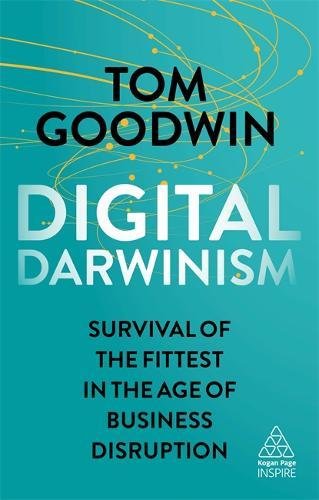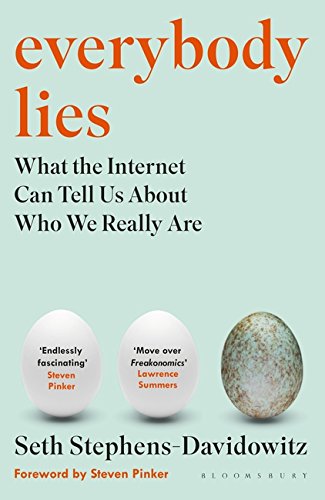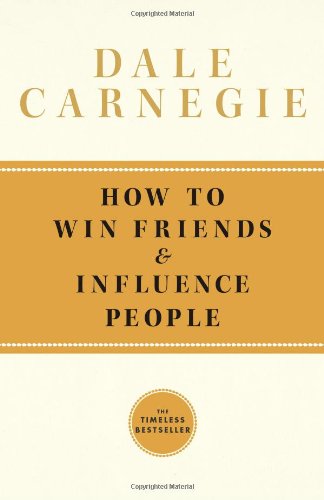Review: Maybe you have heard about digitalisation? Apparently, it’s something big. But what is it, what does it do, and how will it affect our lives? And why should you read Digital Darwinism instead of all the other books on the topic? Digital Darwinism avoids the usual pitfall of either praising or damning new technologies. In fact, author Tom Goodwin makes a point how this is completely irrelevant. Digitalisation is not about better WiFi chips, or better data storage. It’s about people. People that find new ways to interact with technology. Benefits, not features Digital Darwinism is a rather provocative book, revealing most ideas we have about digitalisation as misconceptions. Most companies define it as taking their old products and try to internet ‘em up somehow. They would be better off trying to find new and creative ways to fulfill customers’ needs. The emergence of Chief Digital Officers in executive boards actually is a sign that companies don’t fully embrace digitalisation yet. Instead of a transformative force that penetrates all functions and business segments, digitalisation is treated as an attachment, bolted on to the old stuff. An interesting question Digital Darwinism raises is “How would your business look like,…
Review: A good coffee should be dark, intense and rich in taste, right? That’s what you and me will tell when asked. Based on consumer research, coffee companies will create new coffee roasts that are extra dark and strong and full of flavour. Then you and me are going to completely ignore those and go buy something mild, probably with a lot of milk and sugar in it. Because everybody lies. There is a difference between action and intent. We may mean what we say, but we do not follow through. What we actually do is what we really, secretly and often subconsciously mean. That is why everybody lies. When we voice our preferences and opinions, even to ourselves, we are always feeling constraints to remove the edges, to be acceptable to others, to fit in. Even under absolutely no legal or moral restrictions we adapt our opinions to what we perceive to be the public opinion, an effect known as social desirability bias. Ultimately, Everybody Lies is a book about Big Data, and about revealing the truths by mining it. Stephens-Davidowitz brings colorful anecdotes from horse races, political campaigning, sex, marketing and other fields to illustrate the power and…
Review Apparently, a good portion of current economic theories and models are based on an idealized model of the free market, where consumers and companies have access to complete market information and only make rational decisions. As a scientist, I believe that models should describe reality in a simplified manner. Models can contain a fair amount of idealization (physicists have their pockets full of infinite rods and frictionless springs), but they are only useful if they allow predictions that can be verified in empirically. So let’s get back to the free market and look if everybody is rational and informed. Have you ever bought something you immediately regretted buying? Have you ever bought something and then found it cheaper somewhere else literally five minutes later? I did. How shocking! Sometimes, new paradigms of economic theory seem banal for normal people: we are paying too much for everything, because companies manipulate our information and desires, a process the authors refer to as “phishing”. Airport food is stupidly expensive, because we feel hungry after a long flight (or a long wait for the flight) and have no time to compare all alternatives. The same psychology made some savvy financial players make up…
Review When a book is attributed as an influence by famous and infamous people, and continues to sell this well, we can assume, that there is something to it. But how can a book this ancient be relevant today? Carnegie tries to answer the age-old question of human interaction: how can I get the other person to do what I want? “How to make friends…” is written as a workbook with four major topics (basic techniques, how to make people like you, convincing people, be a leader), each one presented as a series of short lectures. At a glance, the lessons are simplistic, and always iterating on the central themes: make other people feel important, understood and respected. If you look closer, however, then you see that this is all you actually need. Find out what your counterpart wants and needs to feel good, then give it to them and they will reciprocate. People like to create their own narratives, and you will win them by giving them the opportunity to be the hero of the story. This is the fundamental trick to improve all your human interactions, that stays valid in the digital age, maybe even more. As communication…






